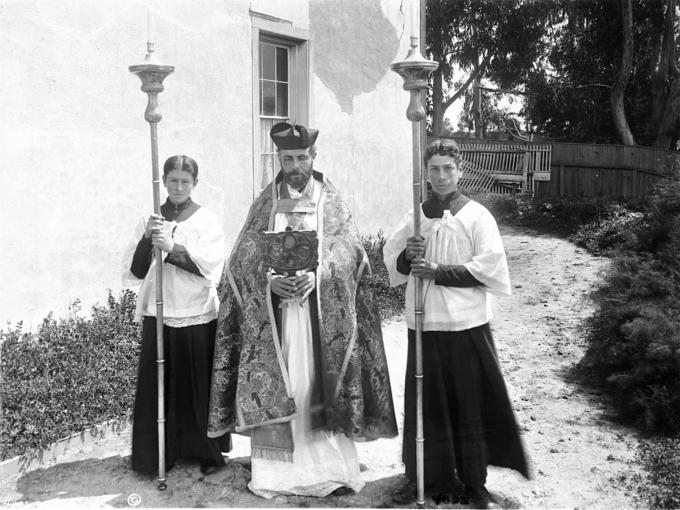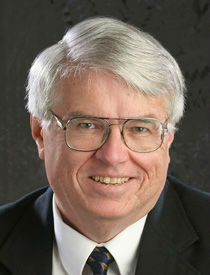
Faith
It was a boarding school system that traced its roots back to the Middle Ages and the Council of Trent and a system that ran smack into Vatican II and the 1960s. Or perhaps better put, Vatican II and the 1960s ran smack into it and change was inevitable.

Dodds
Soon after my grandson turned 11, I said to him, "Well, in three years you can move away from home." He looked at me. "That's what I did," I said.
He turned to his mom. "Really?" he asked since he knew his grandfather can be one who stretches the truth. "Really," she said. "A boarding school," I said.
I suppose that period of my life was on my mind because recently I'd had lunch with three high school classmates, a bit of a mini-reunion, with one-third of our 12-member graduating class attending.
In the fall of 1966, we were the first group in my region to enter the seminary after the Second Vatican Council and, like the church in general, we had little idea of what lay ahead. It wasn't surprising that it hit our student body a bit more strongly than most other Catholic schools. Ours was a minor seminary, from freshmen in high school through sophomores in college.
It was a boarding school system that traced its roots back to the Middle Ages and the Council of Trent and a system that ran smack into Vatican II and the 1960s. Or perhaps better put, Vatican II and the 1960s ran smack into it and change was inevitable.
These days it's hard to imagine a group of 14-year-old boys eager to live a secluded and rigid life as we did. It's hard to imagine parents thinking it's a good idea. It's hard to imagine a diocese that could afford the cost.
The truth is it wasn't very practical when it came to the final numbers. Early in our first year one of our teachers (all of whom were priests, all referred to as "profs") told us that statistically one in 10 of the 35 original class members would go on for 12 years and get ordained.
He was right. Three were ordained. Years later, one died of a heart attack, one left and got married, and one became the U.S. provincial of a missionary order. And of the other class of 1970 graduates (by then our numbers had dwindled from 35 to a dozen), three became lawyers, two social workers, one a nurse, one a phone company employee, one a teacher and one a writer.
It was the same prof who told those 14-year-olds that some of us didn't have a vocation to the priesthood but we did have a vocation to be in the seminary for a while. Much to my surprise, that would include me. Marriage was my vocation and what a blessing it was.
Around this time of year, many dioceses and religious orders will be celebrating ordinations to the priesthood. These days the path to holy orders remains one less traveled, but now it's also one less medieval.
Among those who walked that seminary trail for a time, some truly are dedicated laymen who serve the church and society in many, many ways over many, many years. God bless those new priests and God bless all of their former classmates.
- Bill Dodds is a columnist with the Catholic News Service.
Recent articles in the Faith & Family section
-
7 reasons to pray for the cardinals in conclaveJaymie Stuart Wolfe
-
Legacies in Ordinary TimeLucia A. Silecchia
-
What are my Easter duties?Jenna Marie Cooper
-
On the Camino: Jentillaks and jazzMark T. Valley
-
From the Eternal CityArchbishop Richard G. Henning























